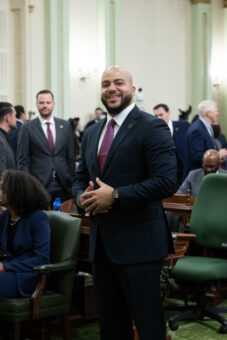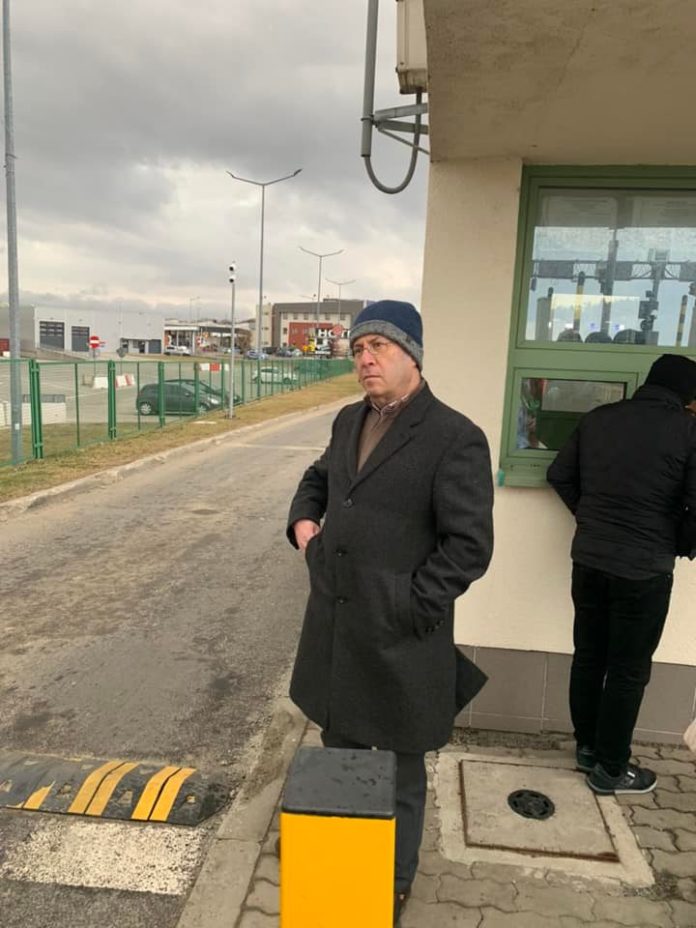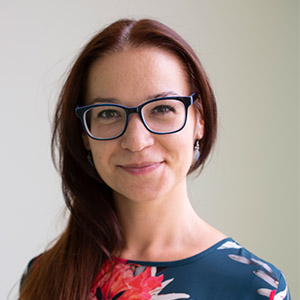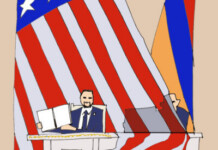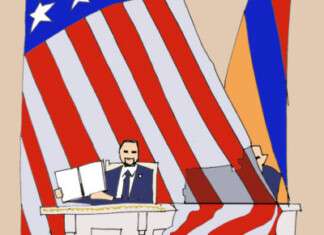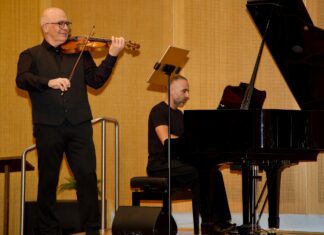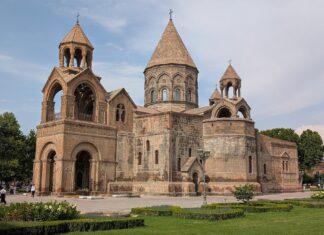By Karolina Pawłowska
Special to the Mirror-Spectator
Following the recent outbreak of the Ukrainian crisis, even though being highly sympathetic towards the tragic circumstances of the Ukrainian people, I cannot help the overwhelming feeling of bitterness which also seems to be one of the leading common moods in Yerevan. Talking to friends and relatives in Poland and abroad, I witness their extreme empathy and highly emotional responses to news from the frontline. This comes also from my closest relatives and significant others with whom I talked regularly during the Second Karabakh War and who were highly informed about everything happening in Artsakh. They have seen the images of Stepanakert under constant shelling, families with children leaving their belongings behind and weeping mothers grieving their adolescent sons.
Yet, the response seems somewhat different and while confronting that, I was immediately told that these situations cannot be compared. Sadly, I cannot disagree, though not in the way it may seem. Suddenly the West has no difficulty with clearly seeing the difference between an invasion and military operation, between democracy and autocracy, truth, and state propaganda and finally, between who is attacking and who is defending itself. While being, as always, somehow varied in political and military responses, there is almost full moral clarity regarding the moral aspect of these events.
At the same time, Russian money has penetrated European politics to the same extent (or more) as Azerbaijani and harsh and long-lasting sanctions on Russia may soon bring some discomfort to Western citizens. Yet, the public and most of the leading politicians are intensely advocating for Ukraine without any doubt that this is the right thing to do.
Volodymir Zelensky has risen to the status of a superhuman while Nikol Pashinyan was treated by Western journalists with an obvious degree of paternalism and blamed for the escalation. It took four days to ban Russia from major sport competitions while many Western leaders have joyfully attended the Union of European Football Association (UEFA) Championship in Baku when hundreds of Armenians POWS were still illegally detained. I have not seen Western public opinion empathising with the people of Artsakh, who were given only a few days to leave all their lives behind. Similarly, Yemen, Syria and Palestine have somehow expired in the news cycle. The suffering of these people is well known and somehow ignored as a price for being born on the wrong side of geopolitics.
